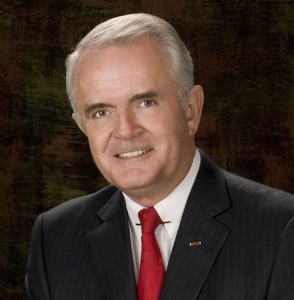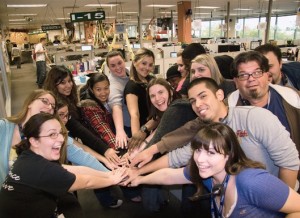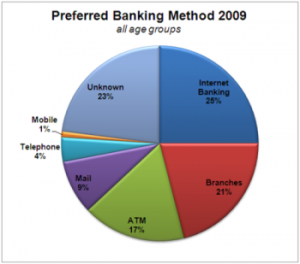Traditional “cheque book philanthropy” is no longer enough for organizations to rise to the top of the corporate citizenship ladder. Businesses need to find ways to engage their employees and ‘make a difference’ beyond that which comes from a monetary donation. Jim Gibbon’s Goodwill Industries (Goodwill) provides an interesting model for businesses who are serious about corporate citizenship. In a Harvard Business Review Blog, Gibbons highlights the importance of his company’s business model and how others can leverage, or learn from it.
Goodwill believes that a strong economy is based on employment. Goodwill provides job training for those who are challenged in finding work thereby “empowering individuals in the community [they] serve”. Goodwill sells donated goods through its retail outlets “and uses the revenues to fund job-training and placement programs in communities”. Gibbons says that this model “[puts] social good at the center” of its business.
Engaging with Goodwill through employee driven goods donations, volunteering and monetary support, a company can reduce goods going to landfills, help support a respected charity and at the same time provide job training at a community level. This kind of commitment could take a company from a valued ‘donor’, to a true corporate citizen.
How Goodwill helps the community:
Blog Reference: Harvard Business Review Blog
Picture Reference: Jim Gibbons









